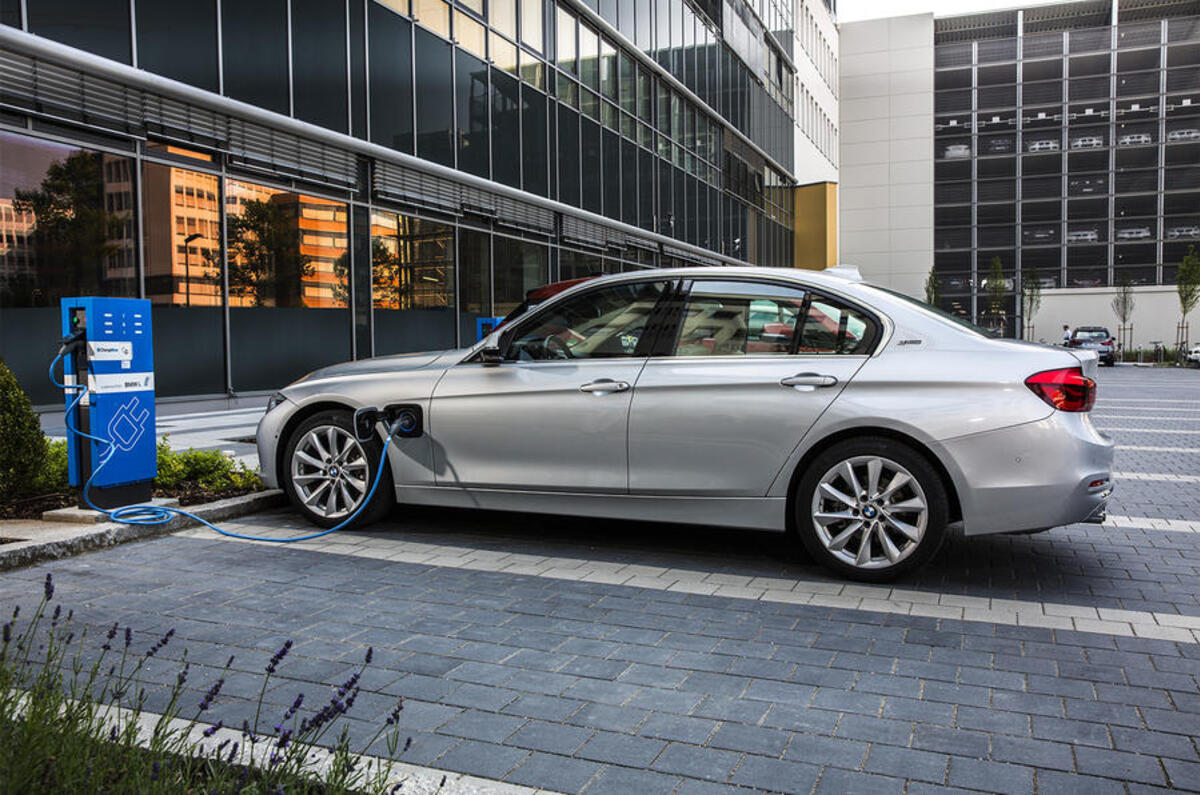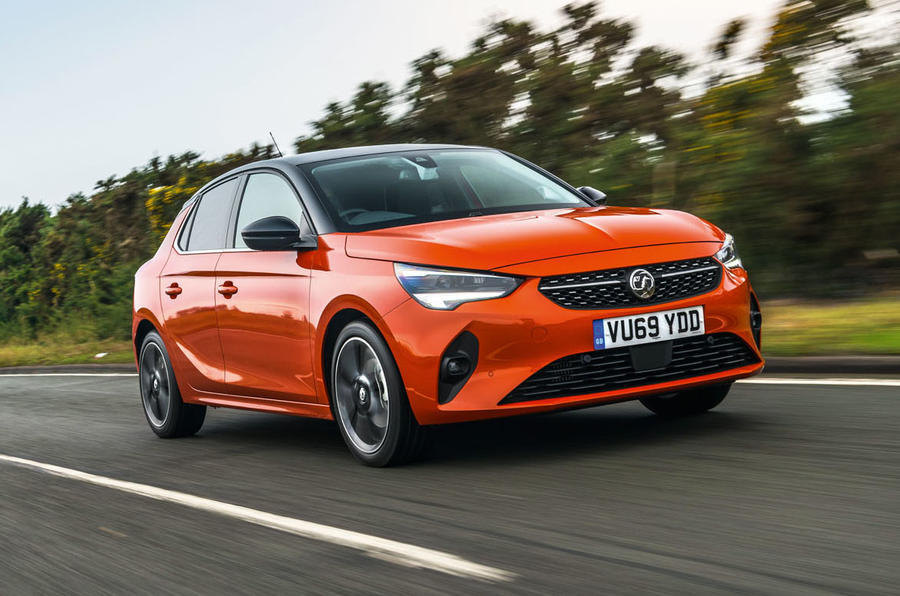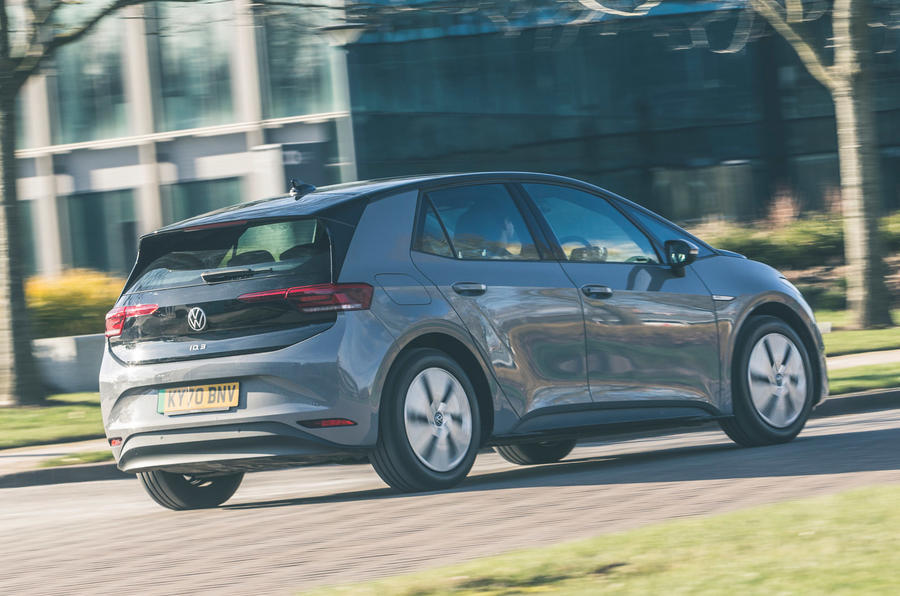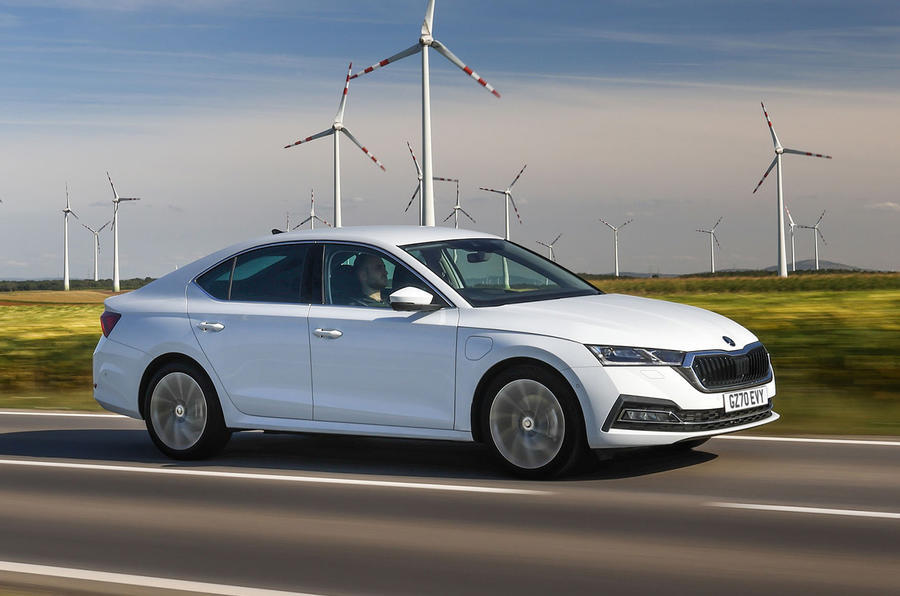If there's a third certainty in life, it's surely that all matters relating to taxation will be horribly complicated. Company car tax is no exception, and when changes are made to the system on a seemingly annual basis, things can become confusing, to say the least.
Put simply, a car made available to you by your employer that you use for work but can also use personally outside of working hours, including commuting to and from work, is considered to be a benefit second only to the salary you are paid.
HMRC calls it a 'benefit in kind' (BIK), a term it applies to any perk or incentive other than your basic salary that's taxable. Most of us know this tax as company car tax.
How is company car tax calculated?
Many factors contribute to your company car tax bill, but the first is the vehicle’s value, commonly known as its P11D value, after the form your employer gives you detailing your various company benefits.
The P11D value is the car’s list price, including options fitted to it, plus VAT and delivery charges but not its first registration fee and road tax. Remember, it’s the vehicle’s list price, not its discounted price, that's considered. Also, there’s no point trying to save money by taking a used company car rather than a new one, because the same calculation applies.
The car’s P11D value is then multiplied by its BiK rate, which produces a ‘taxable value’ for the benefit, and the income tax bracket you fall into (20%, 40% or 45%, unless you live in Scotland where the rates are different). BIK rates are based on your company car’s official CO2 emissions, the type of fuel that powers it and, if it's a hybrid, its electric-only range.
CO2 is the primary factor here, because the government wants to incentivise us all to drive cleaner cars. The lower the car’s CO2 emissions, the less tax you pay.
Calculating BIK rates and tax charges
To find your car’s BIK rate, you must first know its CO2 emissions figure – perhaps by speaking with your fleet manager or car supplier. This will fall within one of the bands in the following table, giving you a BIK rate as a percentage.
BIK rates are usually adjusted every April, at the end of the financial year. However, they are currently frozen at 2022/23 levels until the end of the 2024/25 financial year. HMRC has yet to announce rates from April 2025 onwards, despite repeated calls from the fleet industry to do so.














Join the debate
Add your comment
Well you covered the tax side, but the company car position is a bit more complicated than just tax, you need to look at the whole cost relative to the drivers usage and situation.There is the companies method and rate of fuel reimbursement, does the company allow the driver to 'trade up' or 'trade down' by additional payments/refunds (deductable from tax if applied as a private use contribution PUC) or liable for tax if paid out the driverOn the face of it, EV's look a no brainer tax wise. But they are expensive so may require the driver to contribute to be able to have one which may negate the neglible tax some way. Such contributions can be tax deductable in an ordinary car, but there isn't any tax to deduct from on an EV!Fuel reimbursement rate are quite poor vs real electricity cost for EV's currently and higher mileage drivers who need to use public chargers will be substantially out of pocket each time.
Also the tax situation gets really complicated for people offered a cash alternative.. but that is another story!
In short, company car tax is a ridiculously, needlessly complicated system which basically forces drivers into an EV. Given that company cars were introduced as a way of supporting a growing domestic motor industry, perhaps now is a good time to abolish the whole system and let employees sort out their own transport?
There had actually been a movement towards employees running their own transport a few years back, cash taker/car allowances for those needing to travel for work.But then litigation culture and elf'n'safety put it all into reverse and made more employers offer only company cars again.Basically, the law considered (in test cases) employers to have a duty of care to employees travelling in the line of duty for the employer, even if travelling in their own vehicle. Senior management became risk adverse to possibly doing jail time because Pete's wheels fell off his shed on wheels and he died. Its intrinsically difficult to ensure employees only buy suitable personal vehicles and maintain them properly.So they off loaded responsibility to lease companies to run fully managed vehicles so if an incident went to court they had the defense they had taken all due care by making sure the employee had a vehicle with limited age and mileage and fully maintained, adding a buffer of responsibilty inbetween them and court in the lease company.